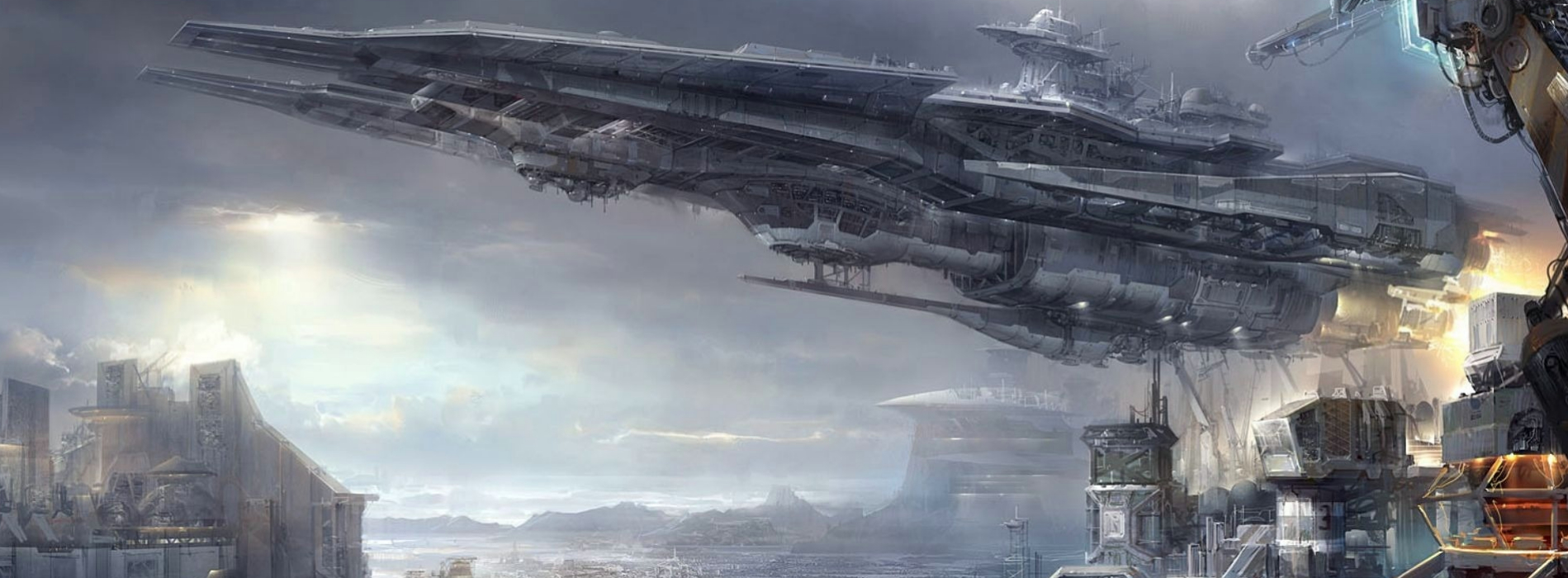Good science fiction descends into metaphysical mumbo jumbo
I have to say at the outset that I really enjoyed the first two books documenting the life and times of Andrew “Ender” Wiggin. His ascension to being a military genius and nearly committing an act of genocide against a sentient race who couldn’t communicate directly with humanity and then his subsequent exile from the Sol system, fated to journey between the stars. The fact is that the settings – Earth and Lusitania – are fantastic and the physics so realistic that it in this book, the introduction of metaphysical musings by creating (in the story telling sense) an entire new physical dimension outside of our universe really puts a downer on things.
Allow me to explain. I don’t personally have a problem with introducing whole new dimension realms outside our universe and physics to match into a science fiction universe’s lore. Hell, it’s starting to look like our universe is not alone after all if we believe some theoretical physicists. Star Trek does it, Babylon 5 does it and they’re both wonderful. But nowhere in any science fiction universe does the other dimension house the basic location of our souls and willpower as far as I know.
Unfortunately, this space magic is also the solution to the myriad problems that Ender, his family and community face together because they can, in this universe, simply will and remember things into existence. Look, I would love to be able to will a million dollars into my bank account, but it simply lacks plausiblility because the fact is that Ender’s Game, Speaker for the Dead and even the first two thirds of this book are hard science fiction shows what a dichotomy of ideas this book becomes.
I don’t personally mind that philosophical or metaphysical concepts can be introduced into a story and in fact, a lot of science fiction asks questions of us, like what kind of society do we want to be in the future? How will we deal with each other and possible extraterrestrial life? Even the basic tenet of whether a god or multiple gods exist would be questioned in science fiction. These and many other questions are asked routinely of us when we read and watch science fiction’s glimpse into the infinite possibilities of the future.
In any case, is the story itself any good? Yes, it is. The reality is that Xenocide is the middle child of a trilogy that is only part of Ender’s life. Ender’s Game only really introduces three of the characters in the trilogy who are largely forgotten by the time the real story begins. As a middle child, it is good until the apocalypse is averted by sheer willpower. This is just like the journey that any player of Mass Effect 3 faced when they got to the end. A finely crafted, emotional rollercoaster that is, in the end resolved with space magic. That’s why, unfortunately, it’s such a let down.
